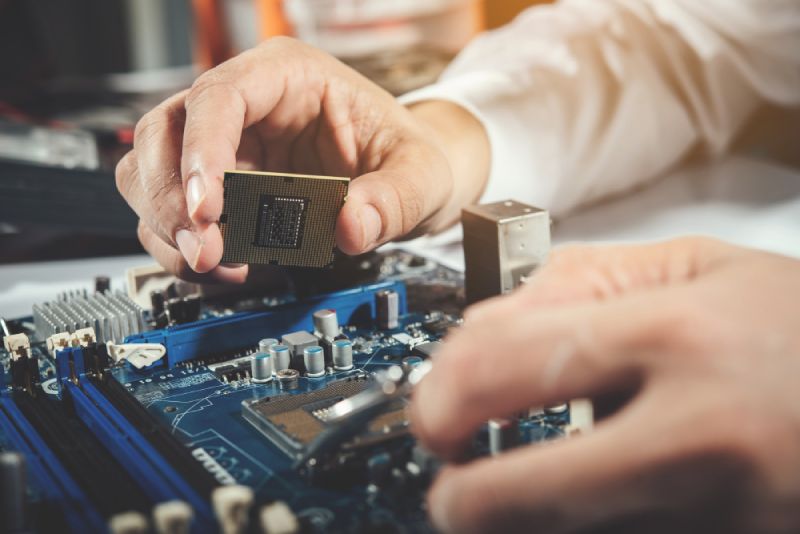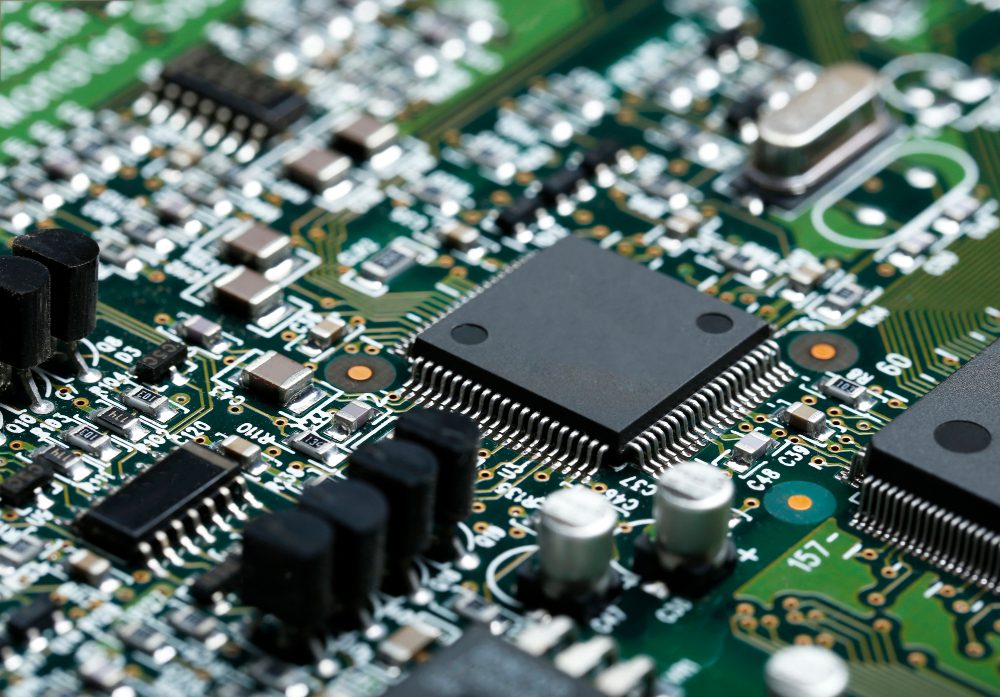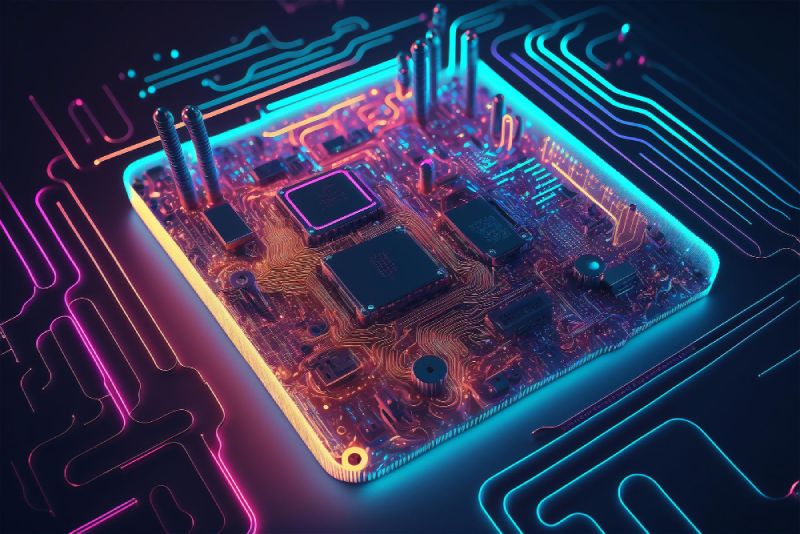Pros and Cons of Mini PCs
In the ever-evolving world of technology, mini PCs have emerged as a popular alternative to traditional desktop computers. But are they the right choice for everyone? In this article, we will delve into the advantages and disadvantages of mini PCs, and help you decide if they’re the right fit for you.
A Concise Response to Mini PCs
Mini PCs offer a compact, energy-efficient, and affordable solution for computing needs. However, they might not be suitable for everyone, as they can lack the raw processing power and upgradeability of larger desktop computers. The choice ultimately depends on your specific requirements and priorities.
Pros of Mini PCs
1. Compact Size and Portability
One of the main advantages of mini PCs is their small size. They are designed to save space, making them perfect for those with limited room or for users who value a minimalist setup. This compact design also makes mini PCs highly portable, allowing you to easily transport them between locations.
2. Energy Efficiency
Mini PCs are well-known for their low power consumption, which not only saves you money on your electricity bills but also contributes to a greener environment. This is especially beneficial for businesses that use multiple computers, as the energy savings can quickly add up.
3. Affordability
Compared to traditional desktop computers, mini PCs are generally more affordable. This makes them an attractive option for those on a budget or for small businesses that need to purchase multiple machines.
4. Quiet Operation
One of the key benefits of mini PCs is their silent operation. Because they use smaller components and often have fewer moving parts, they generate less noise, making them an excellent choice for environments where quiet operation is essential, such as libraries, offices, or living rooms.
5. Versatility
Mini PCs are versatile and can be used for various purposes, including as a home theater PC, a gaming machine (with some limitations), or as a basic office computer. Their small size makes them ideal for integrating into various setups, such as mounting behind a monitor or TV.
Cons of Mini PCs
1. Limited Processing Power
Due to their size, mini PCs often have limited processing power compared to larger desktop computers. This means they might not be suitable for tasks that require high-performance computing, such as advanced gaming, video editing, or running resource-intensive software.
2. Limited Upgradeability
Mini PCs typically have limited upgrade options, as their small form factor restricts the number of internal components. This means that if you need more storage, memory, or a better graphics card, you might be out of luck. In most cases, you’ll have to purchase an entirely new system if you require a significant upgrade.
3. Fewer Ports and Connectivity Options
Mini PCs often have fewer ports and connectivity options than their larger counterparts. This might limit the number of peripherals you can connect to your system or require you to use additional adapters and hubs.
“While mini PCs are compact and portable, their limited connectivity options can sometimes be a drawback.”
4. Potential Overheating Issues
Due to their compact design, mini PCs have less space for cooling components like fans or heat sinks. This can lead to overheating issues, especially when running demanding applications. Some mini PCs address this problem with advanced cooling solutions, but that can drive up the cost and complexity of the system.
5. Limited Customization
When purchasing a mini PC, you might find that there are fewer customization options available compared to traditional desktop computers. This means you may have to settle for a pre-configured system rather than building one to your exact specifications.
Summary
In conclusion, mini PCs offer several advantages, such as compact size, portability, energy efficiency, affordability, quiet operation, and versatility. However, they also come with some drawbacks, including limited processing power, upgradeability, fewer ports and connectivity options, potential overheating issues, and limited customization.
- Pros: Compact size, portability, energy efficiency, affordability, quiet operation, and versatility.
- Cons: Limited processing power, upgradeability, fewer ports and connectivity options, potential overheating issues, and limited customization.
Deciding whether a mini PC is right for you ultimately depends on your specific needs and priorities. If you value a small, energy-efficient, and affordable computer for basic tasks or a home theater setup, a mini PC might be an excellent choice. However, if you need high-performance computing, extensive upgrade options, or a highly customizable system, a traditional desktop computer might be a better fit.



